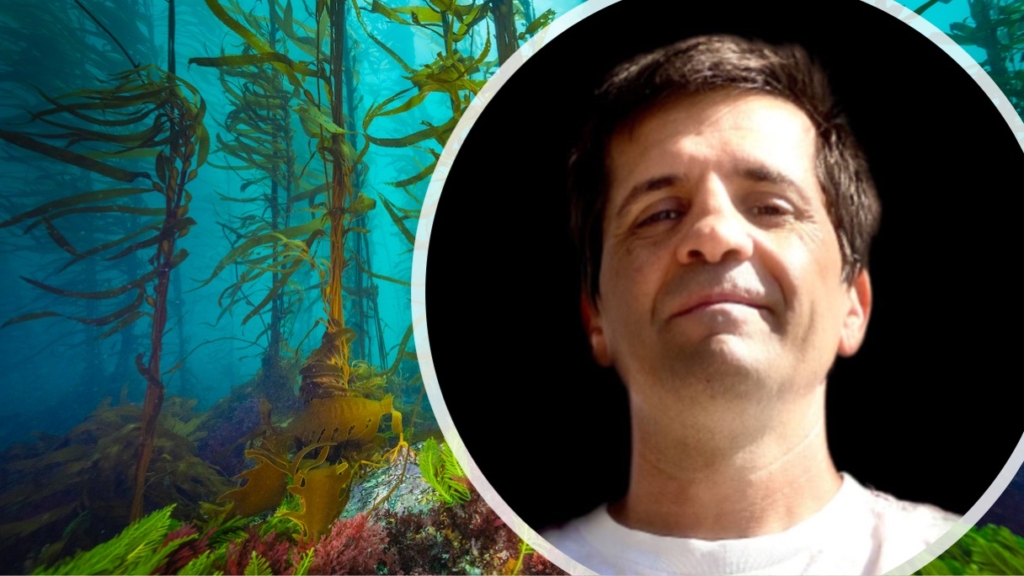We are pleased to invite you to a special seminar by Jorge Assis, who will present his research on marine forests under climate change. Everyone is welcome to attend.
📅 Date: Wednesday, 25th June
🕛 Time: 12:00 PM
📍 Venue: Salón de Actos, Museo Nacional de Ciencias Naturales, Madrid
🔗 Streaming: https://www.youtube.com/live/f86lImo-XtU
Seminar title:
Drivers and patterns of marine forest biodiversity in a changing climate: a macroecological perspective from genes to ecosystems
Abstract:
Marine forests, encompassing macroalgae, seagrasses, and mangroves, are critical ecosystems that support biodiversity and sustain essential ecological processes. As climate change intensifies, understanding the macroecological patterns and drivers of marine forest biodiversity has become a pressing priority. This talk provides a holistic perspective on biodiversity in marine forests, spanning genes to ecosystems, and draws on a collection of studies from the Biodiversity Data Science Research Group (Centre of Marine Sciences, Portugal). Employing advanced data-science approaches – including machine-learning, spatially explicit AI models, and macroecological theory – the research group analyzes how genetic, species, and community diversity of marine forests vary across environmental gradients and biogeographic regions. The approach highlights the roles of past, ongoing, and projected climate change, as well as the influence of ocean currents that create stepping-stone pathways critical for genetic flow, species persistence, and community stability. The overall findings provide new insights into the resilience and adaptive capacity of marine forests, essential for informing biodiversity conservation and guiding the design of Marine Protected Areas (MPAs) that effectively safeguard the ecological integrity of marine forests.
Biosketch:
Jorge Assis is a marine macroecologist and data scientist who leads the Biodiversity Data Science Research Group at the Centre of Marine Sciences (CCMAR), Portugal. Combining machine learning, AI, and high-performance computing, he investigates two intertwined questions: (1) what mechanisms—from genes to ecosystems—govern the global distribution and abundance of marine life, and (2) how past, present, and projected climate change alters those patterns. By fusing genomic, ecological, and remote-sensing data, his team maps diversity hotspots, pinpoints climate refugia, and forecasts extinction risk and adaptive capacity for coastal ecosystems worldwide. Assis’ openly shared, FAIR-compliant datasets and code inform climate policy, marine spatial planning, and conservation initiatives aligned with the UN 2030 Sustainable Development Goals.




